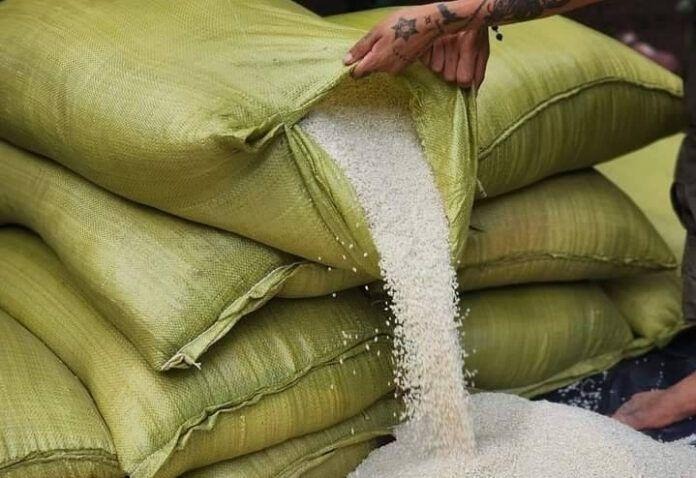By Kantarawaddy Times
The prices of rice and paddy traded among internally displaced persons (IDPs) in Karenni State are being regulated through a collaborative effort between the Interim Executive Council (IEC) and civil society organizations (CSOs). U Bayan, the Deputy Secretary 2 of the IEC in Karenni State, informed the Kantarawaddy Times that a fixed pricing structure has been agreed upon to stabilize the market among IDPs.
“Essentially, the IEC has collectively set a price range. This process involves coordination with farmers, business owners, and rice mill operators. The IEC, in partnership with CSOs focused on food security and human rights, has reached a consensus on these prices,” said U Bayan.
In the eastern region of Dee Maw Hso Township, the price for a basket of rice is set at 3,300 kyats, while paddy is priced between 1,600 and 1,700 kyats. In the western part of the township, rice is being sold at 3,100 kyats per basket.
Despite these collaborative efforts to establish fair prices for both buyers and sellers, there are ongoing challenges in effectively enforcing these price controls.
A businessman in the rice trade noted a decline in paddy sales following the implementation of the fixed prices. “The prices set by the IEC are fair and aim to balance the interests of both buyers and sellers. However, some buyers cannot afford the fixed price for rice and are resorting to selling it at lower prices. This has consequently driven down paddy prices, resulting in farmers not receiving the fair value for their crops,” he explained.
Farmers in the area have raised concerns that the fixed prices for rice and paddy do not account for the rising costs of agricultural inputs, such as fertilizers and fuel. In a letter to the Kantarawaddy Times, they expressed, “While we understand the intent to support IDPs, it’s also crucial to consider the perspective of farmers. To effectively control paddy prices, the costs of fertilizers, diesel, and other inputs must also be managed to benefit both farmers and IDPs.”
Ko Pye Zon, a member of the Kayan Refugee Relief Association, remarked that the current price differences between various types of rice and paddy are minimal. “The prices we encounter are not significantly different. Whether it’s 502 Shwe Yin Aye (typ of paddy) or Shwe Ah (another type of paddy) the prices are nearly identical. The only variation lies in the weight,” he stated.
The prices established by the IEC and CSOs are subject to adjustment based on changing circumstances. Currently, the primary buyers purchasing large quantities of rice are from IDP support groups and resistance forces, ensuring smooth transactions through mutual agreements between buyers and sellers. However, setting prices for rice and paddy brought in from outside the state remains a challenge, according to U Bayan.




